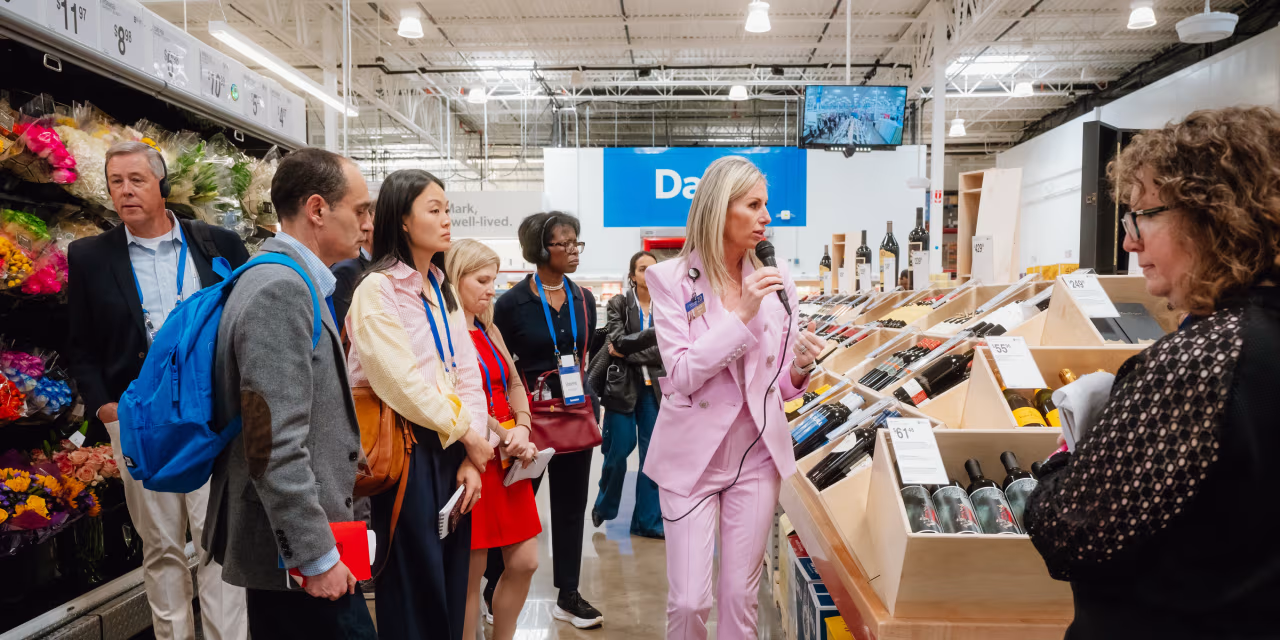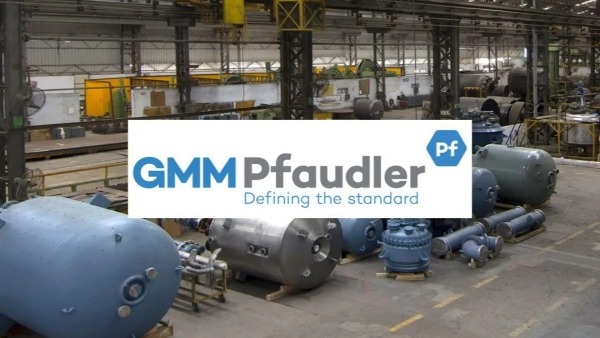 Image Source: The Wall Street Journal
Image Source: The Wall Street Journal
A rising chorus of top executives at America's biggest public companies is sounding a warning about the economic consequences of President Trump's broad new tariffs, implemented as part of his "Liberation Day" trade strategy. With tariffs at their highest levels in decades, top executives at Walmart, Mattel, Ford, Target, and other large companies are alerting that American consumers will soon feel the squeeze through increased prices and diminished product offerings.
Retailers Push Back: "We Can't Absorb These Costs"
Walmart, the country's largest retailer, has found itself at center stage of the tariff discussion following President Trump's public call to "absorb the tariffs" instead of passing costs on to consumers. Walmart executives responded by noting that the magnitude of the tariffs is "more than any retailer can absorb," with price hikes looming as a certainty. "We will continue to keep prices low for as long as we can, given the reality of thin retail margins," stated Walmart spokesperson Joe Pennington. CFO John David Rainey stated that shoppers could expect electronics, toys, and food to be more expensive as early as June.
Toys 'R Us rival Mattel, the toy giant, spoke similarly, warning that tariffs would compel them to raise prices or trim elsewhere.
Manufacturers and Automakers Get Ready
Ford and other car companies have also made plans to increase prices on new cars, citing the 25% tariff on auto imports and increased costs for auto parts. Ford issued a memo to dealers stating, "The need to make vehicle pricing adjustments is expected to happen with May production.".
Stanley Black & Decker CEO Donald Allan informed investors that price increases are inevitable, but possibly with some delay as the company navigates its supply chain. Columbia Sportswear CEO Tim Boyle said the situation is "very, very difficult to keep products affordable for Americans," and cautioned that trade wars are "not good and not easy to win."
Financial Sector Warnings on Long-Term Consequences
JPMorgan Chase CEO Jamie Dimon cautioned investors that the full effects of tariffs have not yet been felt and that markets are "an extraordinary amount of complacency." Dimon pointed out the risk of stagflation and inflation, which said that the US cannot rapidly substitute imports for domestic output, something that might take years to increase.
In spite of White House assurances that foreign countries will pay the tariff costs, executives and economists both concur that US companies are passing along the costs and absorbing them. "The suggested tariff rates are fairly difficult for all suppliers and retailers, and our primary concern is consumers are going to see some of that impact," said Walmart's CFO Rainey.
Looking Ahead: Uncertainty Reigns
With the Trump administration putting on hold further tariffs for 90 days to facilitate talks, businesses are in limbo. Most have avoided making profit forecasts due to continued uncertainty. While global supply chains adapt and trading partners negotiate new terms, American businesses and consumers alike are preparing for a bumpy summer.
Relevant Sources: The New York Times, USA Today, Business Insider, CNN, Wikipedia
Advertisement
Advertisement






